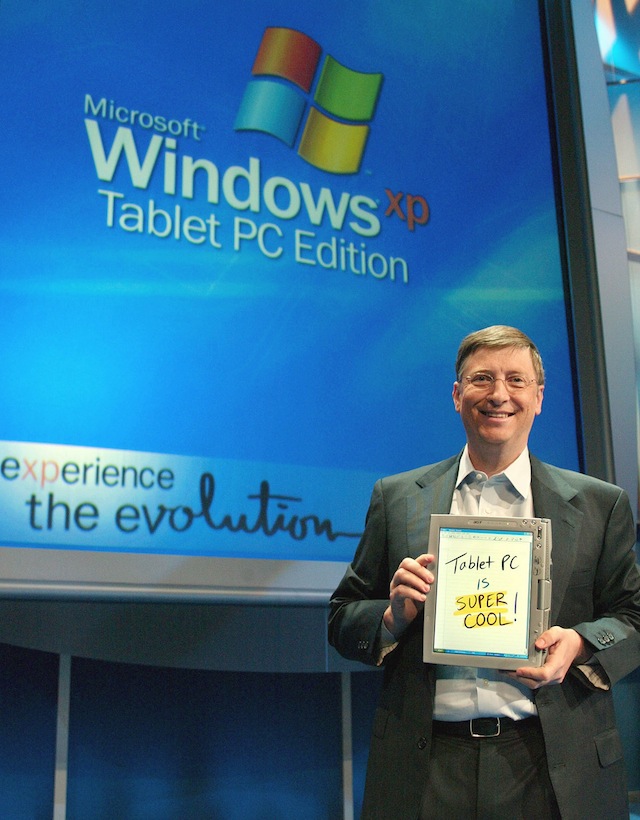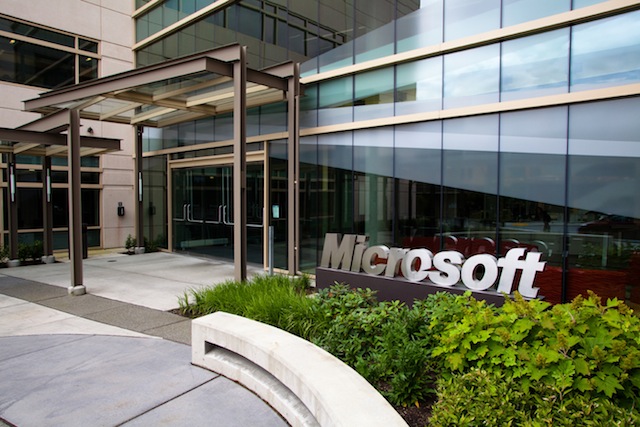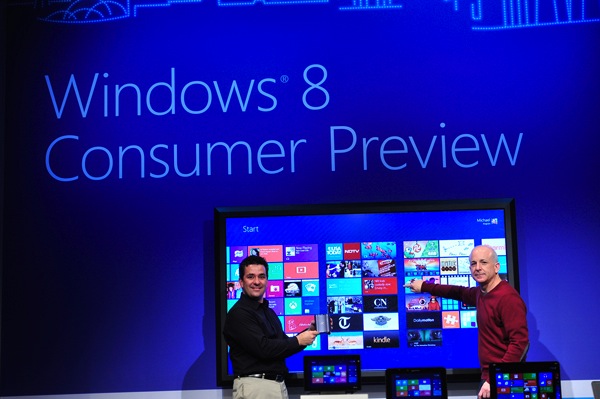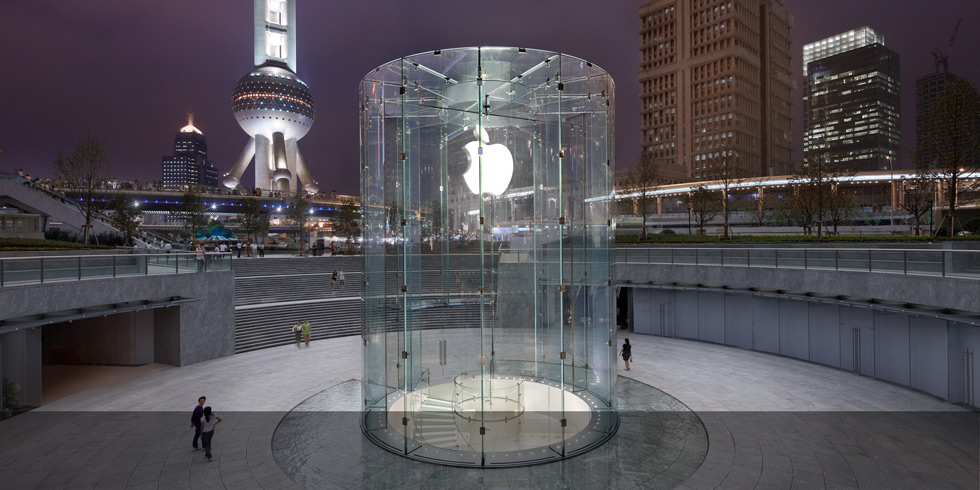Update: With the announcement that Steve Ballmer will be stepping down as Microsoft CEO, the future direction of the company now becomes the biggest challenge for his replacement.
Over the last three weeks the news for the personal computer industry has not been good. How does Microsoft, the business that leads the sector, move on from the product which has been its mainstay?
Three stories in the last three weeks have shown how dire the situation is for personal computers, Windows and Microsoft.
Consulting firm IDC’s report that global PC sales had dropped a stunning 14% was a clear signal the PC era is ending.
A Gartner report two weeks ago warned that Microsoft faces a slide into irrelevance as Android device sales dwarf Windows’ numbers and Apple sales catch up with PCs.
Industry commentators Asymco made similar observations about the state of the PC industry noting that Apple takes 45% of all profits from an industry that is in decline.
In the past Microsoft has responded quickly to industry threats, one of the great management feats of the 20th Century was Bill Gates’ turning the company around to meet the challenges of Netscape and the newly popular internet.
So how can Microsoft meet the challenges of today’s much more competitive world, while protecting their impressive revenues and profits?
Replace the management
Steve Ballmer was employee number 30 at Microsoft having been hired in 1980. Since his appointment as CEO in 2000 the company’s stock price has wallowed.
Regardless of Ballmer’s performance, 13 years is a long tenure for a CEO in an industry that has radically changed in the last decade. A new perspective in the executive suite may well help the company leverage its strengths and weaknesses.
Microsoft’s management problems shouldn’t just be blamed on Ballmer however, a stunning Vanity Fair profile of the company last year blamed human resources policies, specifically ‘stack ranking’ employees, for poor performance.
Overhauling the company’s notoriously siloed management would give Microsoft much more flexibility in meeting the cloud and mobile challenges to its business.
Ditch Windows
At the core of Microsoft’s success is the Windows operating system which in 2012 delivered a quarter of the company’s revenue but has reported no growth for two years in a stagnating PC market.
It is still a cash rich business though and as a stand alone entity, the operating system division could still be an attractive private equity investment.
The story of Michael Dell’s attempt to take his company private is instructive as investment companies fight for a stake in a business with a turnover is less than Microsoft’s Windows division and far less profits.
Double down on Windows
The counter view to floating the Windows division is to double down and concentrate on the company’s core business. While the PC industry is fading, the need for embedded systems in machines is growing.
Microsoft though hasn’t executed well with non-PC operating systems – the continued failure of tablet versions of Windows XP is a good example – so it may mean a new management team to guide the company down this path.
Claim the cloud
The biggest cash generator for Microsoft is their business division that includes their Office and Dynamics products. These are most at risk by the market’s move to cloud services.
Paradoxically, Microsoft has a track record on the cloud products having acquired Hotmail in 1997, developed the Azure platform and taking steps to move its business products across to Office 365.
Microsoft’s experience with Hotmail is instructive of the company’s uncertainty with cloud services having renamed the product constantly. Currently its incarnation as Outlook.com indicates further integration with Office 365.
With a focused management, Microsoft may well be able to compete against both Google and Amazon on the cloud by leveraging its traditional market strengths and its army of evangelists, developers and support partners.
Buy Nokia
So far the alliance with Nokia has been underwhelming with Windows Phones being met with market indifference. A purchase of the struggling mobile phone giant would give Microsoft more depth in understanding the mobile marketplace.
A more interesting aspect of Microsoft buying the mobile vendor would be the acquisition of Nokia’s mapping technology. This would give Microsoft an advantage over Apple and give them an opportunity to compete with Google in the still developing mobile and local markets.
For Microsoft, sticking with the status quo is tempting – a business with seventy-three billion dollars income and $17 billion in profits still makes it one of the world’s most impressive businesses.
The risk though is all of the company’s major revenue streams are being challenged by mobile and cloud service and Microsoft have to adapt to a world very different to the one they grew in.
As Gartner have pointed out, the company risks becoming irrelevant in an era of mobile devices accessing cloud services.
The Challenge for Microsoft’s management and board is to find the spark that keeps the company relevant in a marketplace where the company is no longer the dominant player.
Similar posts:




